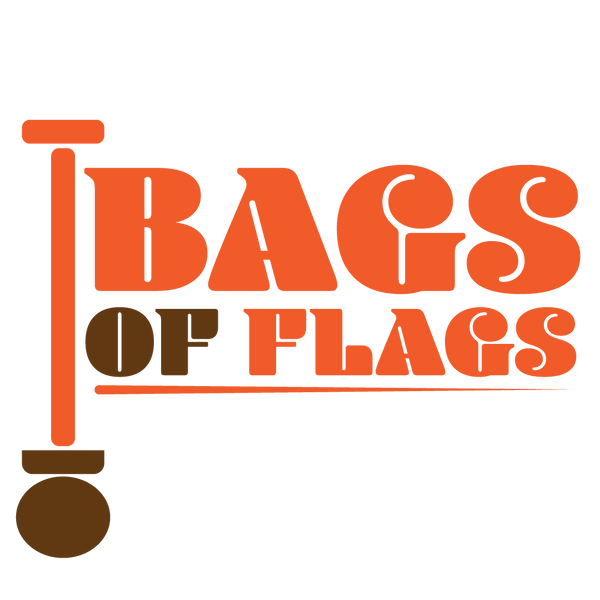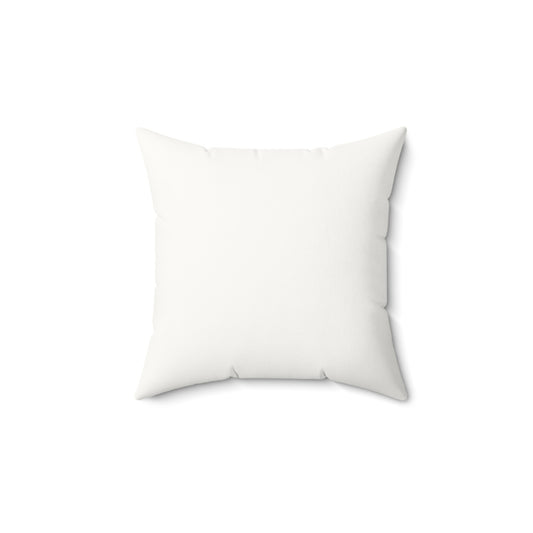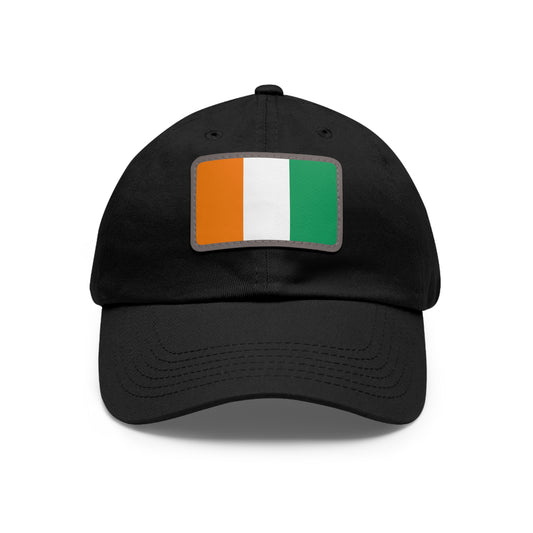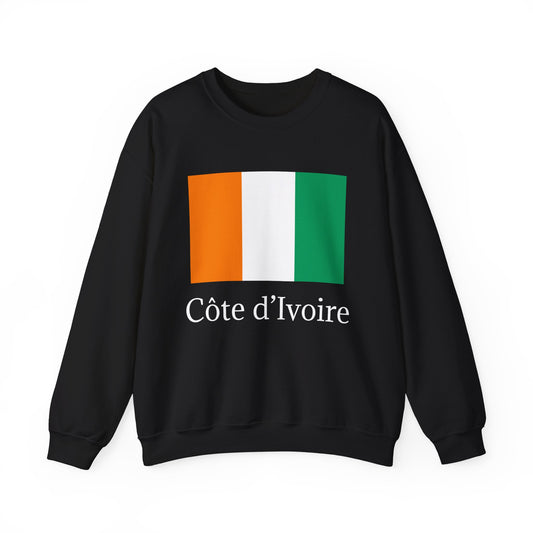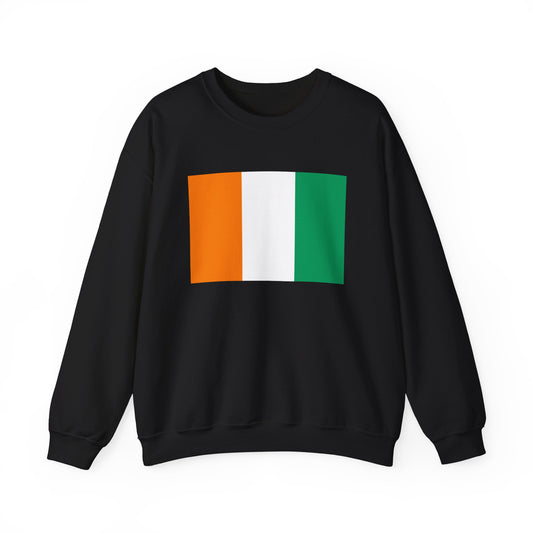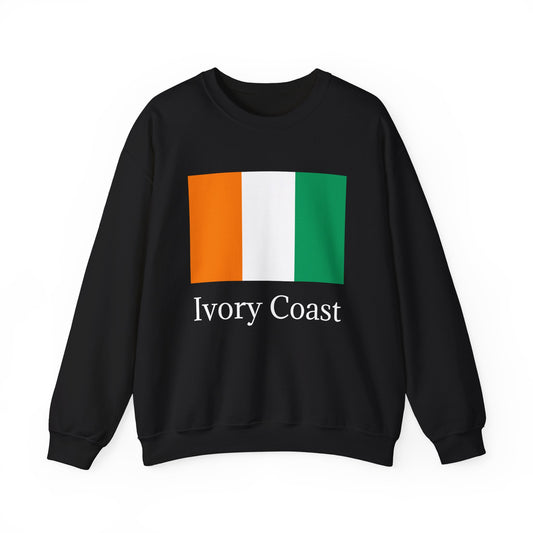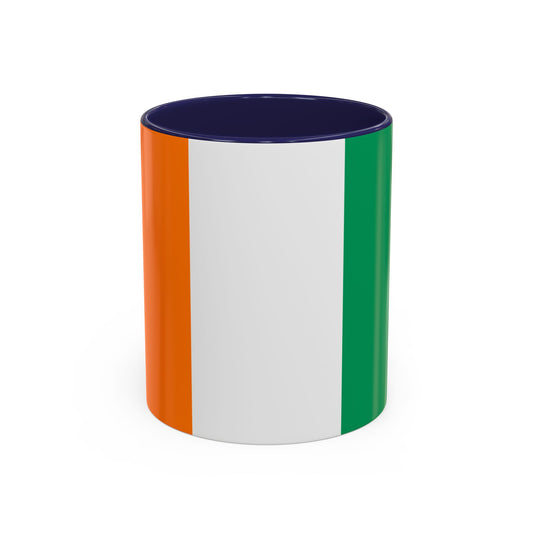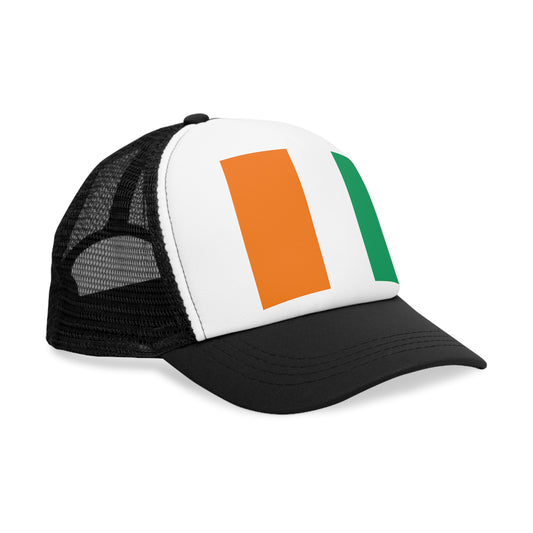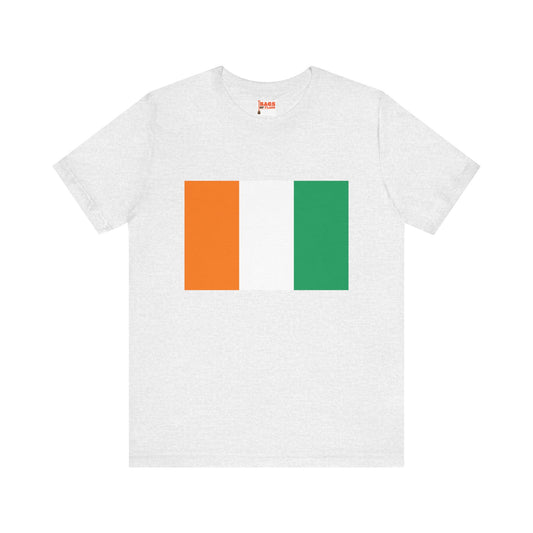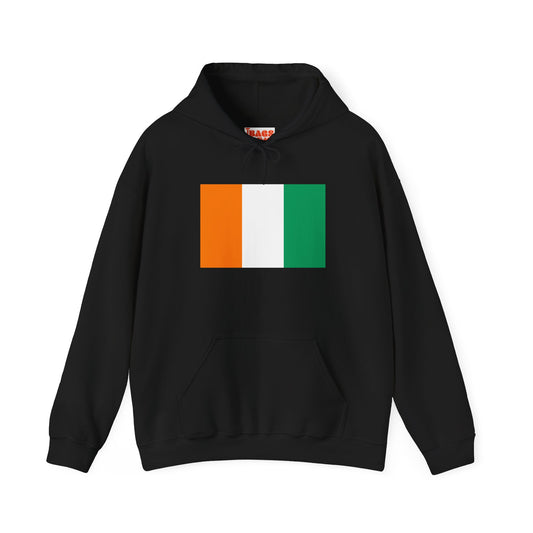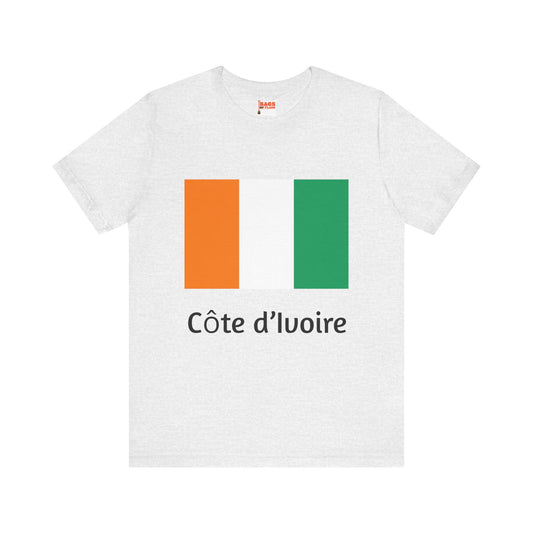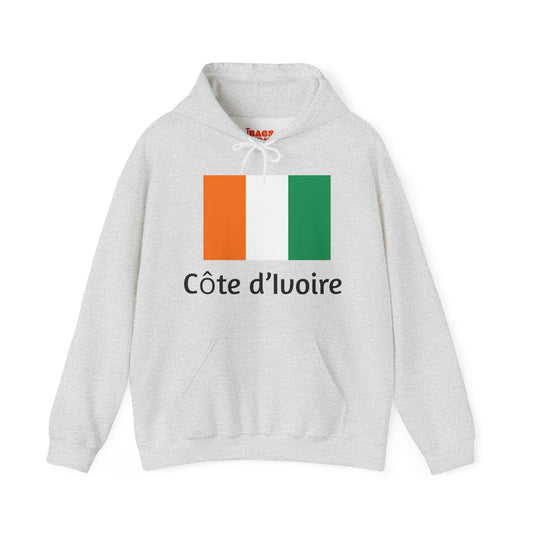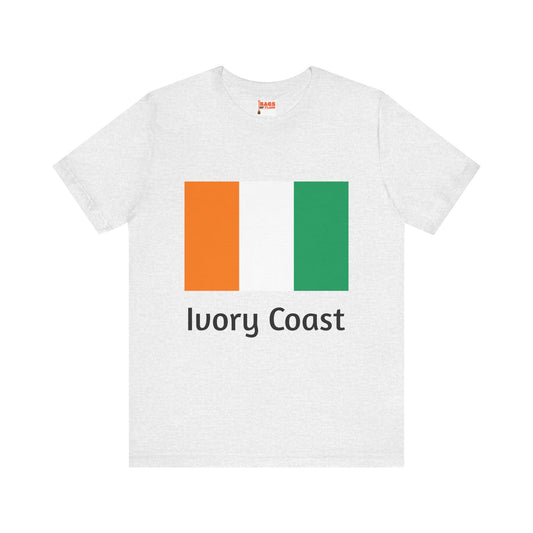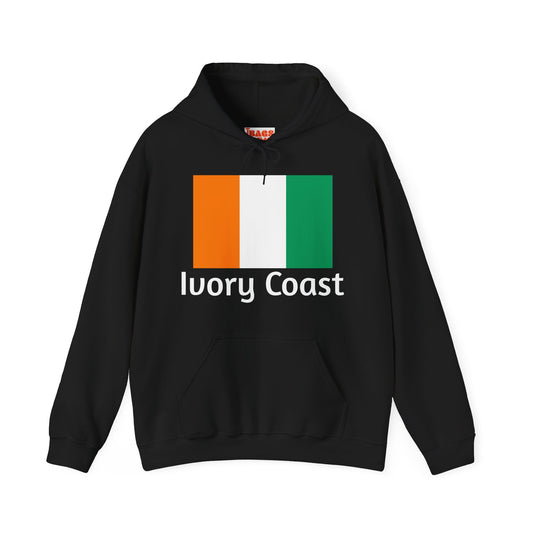-
Côte d’Ivoire Pillow
Regular price $22.65 USDRegular priceUnit price / per -
Côte d’Ivoire Backpack
Regular price $59.79 USDRegular priceUnit price / per -
Côte d’Ivoire Leather Patch Hat
Regular price $18.85 USDRegular priceUnit price / per -
Côte d’Ivoire Sweatshirt
Regular price $34.15 USDRegular priceUnit price / per -
Côte d’Ivoire Flag Sweatshirt
Regular price $34.15 USDRegular priceUnit price / per -
Ivory Coast Sweatshirt
Regular price $34.15 USDRegular priceUnit price / per -
Côte d’Ivoire Mug
Regular price $11.65 USDRegular priceUnit price / per -
Côte d’Ivoire Trucker Cap
Regular price $14.90 USDRegular priceUnit price / per -
Côte d’Ivoire Flag on T-shirt
Regular price $22.79 USDRegular priceUnit price / per -
Côte d’Ivoire Flag Hoodies
Regular price $32.77 USDRegular priceUnit price / per -
Côte d’Ivoire T-shirts
Regular price $22.79 USDRegular priceUnit price / per -
Côte d’Ivoire Hoodies
Regular price $34.40 USDRegular priceUnit price / per -
Ivory Coast T-shirts
Regular price $22.79 USDRegular priceUnit price / per -
Ivory Coast Hoodies
Regular price $34.40 USDRegular priceUnit price / per
Collection: Côte d’Ivoire / Ivory Coast
The Côte d’Ivoire flag, also known as the Ivory Coast flag, symbolizes national pride and unity for the people of Côte d’Ivoire. With its unique design and colors, the flag holds significant historical and cultural importance. We will delve into the inception of the Côte d’Ivoire flag, its evolution over time, the symbolism behind its design, and its current relevance in modern-day society.

Overview of the Côte d’Ivoire Flag's Design and Colors
The flag of Côte d’Ivoire showcases three equally sized vertical bands colored orange, white, and green from the hoist side to the fly side. This tricolor design embodies the geographical and cultural diversity of the nation. The orange stripe symbolizes the land and the northern regions, characterized by their vast savannas.
The central band, white in color, represents peace, suggesting the importance of unity and harmony among the nation’s diverse communities. The green stripe completes the flag, evokes the fertile forests and rich southern territories of Côte d’Ivoire, highlighting the country's natural wealth and environmental heritage. Together, these colors not only map the physical attributes of the nation but also weave together the intrinsic values of peace, prosperity, and unity that define the Ivorian identity.
Historical Context of the Côte d’Ivoire Flag

The flag of Côte d’Ivoire was adopted on December 3, 1959, amidst the wave of decolonization sweeping across Africa. This adoption occurred less than a year before the country gained complete independence from France on August 7, 1960. Inspired by the French Tricolore, the design represents a significant departure from the colonial past while maintaining a link to the shared history with France. This design choice was a nod to the historical French influence and a deliberate move to create a symbol that would foster national unity and identity distinct from the colonial legacy.
Unlike many African nations that adopted flags with pan-African colors following independence, Côte d’Ivoire's flag features a unique set of colors explicitly chosen for their national significance. Since its adoption, the flag has remained unchanged, serving as a constant emblem of the nation’s sovereignty, stability, and ambition throughout its post-colonial history. This period has seen the flag become deeply ingrained in the nation’s consciousness, enduring periods of political change, economic transformation, and social challenges. Its creation and enduring presence underscore the country's commitment to unity, peace, and progress as fundamental pillars of the Ivorian state.
Symbolism of the Flag's Design and Colors
The tricolor bands of the Côte d’Ivoire flag are imbued with significant symbolism that resonates deeply within the Ivorian community. Orange, the color of the land, represents the northern savannas and reflects the strength and vitality of the nation. It symbolizes the country's independence and determination to overcome challenges and adversity. The middle band of whites stands as a beacon of peace, advocating unity and purity among the diverse ethnic groups that compose the nation's demographic fabric. It emphasizes the importance of maintaining harmony and goodwill within the societal mosaic of Côte d’Ivoire. Green, the color of the lush southern forests, signifies hope and prosperity. It highlights the agricultural wealth and natural resources that are pivotal to the country’s economy and the well-being of its people. Collectively, these colors not only represent the physical attributes of Côte d’Ivoire but also encapsulate its people's core values and aspirations. Through this symbolic representation, the flag fosters a sense of national pride and solidarity, rallying the citizens around the ideals of progress, peace, and unity.
Current Relevance of the Côte d’Ivoire Flag
Today, the Côte d’Ivoire flag is a common sight at national festivities, government events, and during international representations, where it stands as a proud emblem of the nation's sovereignty and heritage. It is particularly prominent on Independence Day, celebrated on August 7th each year, marking the country's liberation from colonial rule. Beyond its ceremonial use, the flag embodies the spirit of Ivorian unity and resilience in the face of socio-political challenges. Amidst political elections and public demonstrations, the flag often emerges as a rallying symbol, drawing citizens together across diverse ethnic and political lines to advocate for peace and democratic principles.
The flag's presence in educational institutions nationwide further underscores its role in instilling a sense of national identity and civic responsibility among the younger generations. By embedding the flag’s symbolism in the hearts and minds of children, Côte d’Ivoire nurtures a future where its core values of unity, peace, and progress are upheld. Additionally, the flag's significance extends to the sporting arena, where it adorns jerseys and stadiums and is fervently waved by fans during national and international competitions, showcasing Ivorian pride on a global stage.
Despite the occasional controversies that arise, particularly during political discord, the flag of Côte d’Ivoire continues to be a beacon of hope and unity for its people, signifying the nation's enduring spirit and aspirations for a harmonious future.
Additional Facts and Protocols Related to the Flag
When displaying the Côte d’Ivoire flag, adherence to established protocols is essential to show proper respect. It must never come into contact with the ground, symbolizing the nation's dignity that should always be upheld. The flag’s use in commercial advertising is also frowned upon, preserving its solemnity and significance beyond mere commercial value. During ceremonial occasions, the flag is hoisted and lowered with great care, often in sync with the strains of the national anthem, reinforcing the unity and patriotic spirit of the occasion.
Unlike many national flags that incorporate specific symbols or coats of arms to convey deeper meanings or historical connections, the Côte d’Ivoire flag stands out for its simplicity. Its design solely relies on the arrangement of colors to express the country’s identity and values. This absence of official emblems or symbols on the flag underlines the Ivorian emphasis on unity and peace, transcending individual symbols to represent the nation as a whole.
